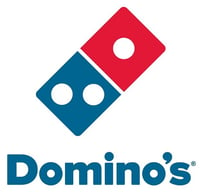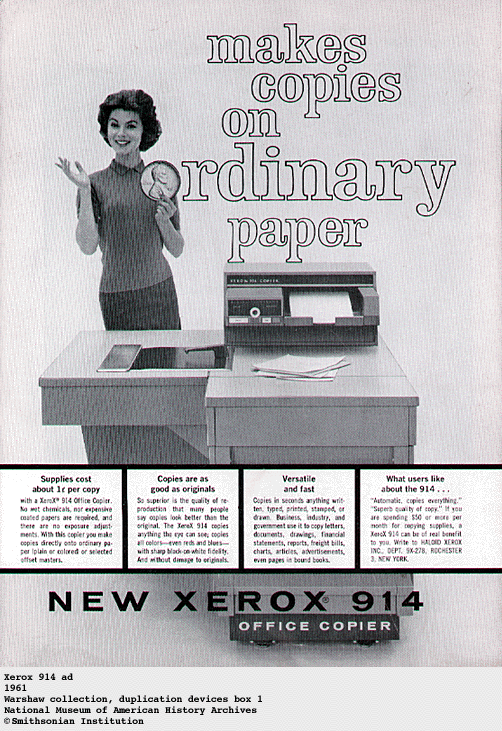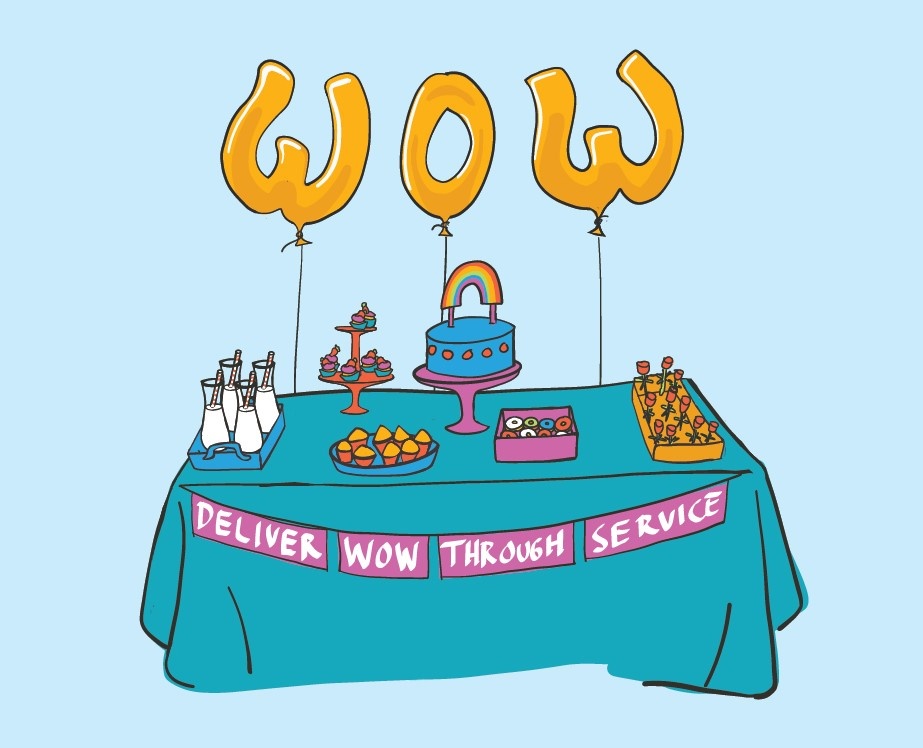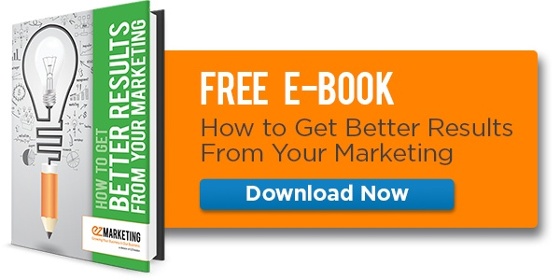In a crowded business world, few of us have the advantage of being the only one in our field. In fact, just the opposite. Sometimes it seems like we’re surrounded by competitors on all sides, all struggling to capture the fleeting attention of the same elusive customers through our digital and traditional marketing.
So how you do stand out from the crowd and show how your business is special?
That’s where a Unique Selling Proposition (USP) comes in.
What is a Unique Selling Proposition?
A USP is what sets your business apart from your competitors. It expresses why your target audience should choose you over anyone else.
It sounds simple enough, but in practice, it can be hard to figure out, especially if you’re in a crowded industry. Too many businesses try to claim that they’re the best at everything – the best product with the best service, all at the best prices. But those claims are hard to back up, and make skeptical customers doubt your truthfulness.
A good USP focuses on specific aspects of what you do, rather than trying to prove you’re all things to all people. It also tells your customers the specific benefits they’ll get by buying from you.
Take Domino’s pizza, for example. Certainly, they have no shortage of competitors, but to differentiate themselves, Domino’s promoted this well-known USP:

“Fresh, hot pizza delivered in 30 minutes or less - or it’s FREE.”
Notice, they don’t say “the best pizza.” Frankly, there’s better-tasting pizza out there. Instead, Domino’s focuses on one unique thing they can do well: getting pizza to you fast, so it’s fresh and hot. They also don’t use generic terms like “fast delivery” or “reliable service.” Instead they say “30 minutes or less,” and add a guarantee to make their claim more believable. So even in a crowded market, Domino’s was able to differentiate themselves by demonstrating clear, specific benefits, along with a guarantee that no other pizza company was making.
Why is a Unique Selling Proposition important?
A USP is important because it answers the question, “Why should I buy from you?” Even if you think your business is so unique that you don’t have any competitors, your customers probably don’t. Especially with the vast resources of the Internet at their fingertips, customers are constantly searching, shopping, and comparing alternatives.
Without a USP, your customers have no reason to stay loyal to you. In their minds, your product or service is the same as your competitors, so they’ll go elsewhere as soon as they find a lower price or a more convenient option.
A USP is also incredibly important in building a strong marketing plan. Ever get stuck trying to figure out what you should say on your website, or what to put in a new advertisement? Knowing your USP will help guide your strategy and messaging, because you know the things that make you unique and will convince people to buy from you.
What Makes a Great USP? Breaking Down the Term
First, recognize that a good USP is not “excellent quality” or “great customer service.” These over-used generalities are unfortunate defaults for companies who don’t know what else to say.
To dig into what a great USP is, let’s break down the term:
Unique
This is the piece of a USP that most businesses focus on, sometimes too much. Unique means, “being the only one of its kind” or “unlike anything else.”
For example, when Xerox was first invented, it was the only photocopier available. There was nothing else like it at the time. Xerox didn’t have to work hard to differentiate, because it was truly unique. Which is probably why we still often call any photocopies “Xeroxes.”

Source: http://www.digicamhistory.com/Early%20Xerox%20Copiers.htm
Unfortunately, most of us aren’t that lucky. In most cases, there are hundreds if not thousands of other businesses doing essentially the same things we are.
The good news is that unless you’re a huge, global company, you don’t have to be unique from everyone in the world. You just have be unique to your target audience. So if you’re a local HVAC company, you don’t need to prove you’re different from every single HVAC business. Instead, try to differentiate from any other HVAC companies serving the same residential customers within your local service area.
Selling
Selling might seem like a dirty word nowadays with all our empowered customers who don’t want to be “sold” to. But every business needs to make money, which means getting people to buy things. Logically, that means that your USP should make it clear what you’re selling, and who you’re selling it to.
Sometimes this is explicitly stated. For example:
Cards Against Humanity: “A party game for horrible people.”
What are they selling? A party game. To who? Horrible people. Very clear.
In other cases, the audience and/or product may be implied, especially if you have a large, B2C market. Take the famous De Beers advertising campaign:
“A diamond is forever”
They specifically say, “diamond,” which implies they are selling diamond jewelry, specifically engagement rings. The target audience isn’t directly stated at all, but the campaign was all about linking diamonds to the idea of everlasting love, so they were reaching romantic couples.
Another key to the idea of selling is that what you sell might not actually be different. But how you sell needs to be.
Invesp, a conversion optimization company, has a great article with this example from the hit show Mad Men.
In the show, the protagonist Don Draper is trying to create an advertising campaign to differentiate Lucky Strike cigarettes from its competitors, all without mentioning the health issues of the product.
“We have six identical companies making six identical products,” says Draper. “We can say anything we want.”
After asking about how cigarettes are made, Draper seizes on the motto, “It’s Toasted.” It’s brilliant because while all of their competitors’ tobacco is toasted too, none of the other cigarette companies are talking about it as a selling point.
“Everyone else’s tobacco is poisonous. Lucky Strike’s is ‘Toasted.’”
Proposition
A proposition is defined as “a statement or assertion that expresses a judgment or opinion” or “a statement that expresses a concept that can be true or false.” What does that mean for your USP?
First, it suggests that your USP should say something about your opinion as a company – what you believe, or what you stand for. Your USP is not the same thing as a mission statement, but it should allude to your company vision or values.
Second, your USP is something that you want people to believe. You want to be able to prove it’s true. Do that by backing it up your claim with details and support.
Look at Zappos, for example. Their USP essentially boils down to “great customer service.” But they don’t express it as a boring, generic statement. Instead, they offer free shipping and returns, making the online shopping experience as easy as possible. They also back up their customer service team with an empowered, customer-centric culture, which is highly regarded, published, and transparent. The way their entire business operates makes people believe and trust them when they say they have great service.

Source: https://www.zapposinsights.com/
How to Find Your USP
In order to define your USP, you first need to have a good grasp on your business universe. Know your businesses strengths and weaknesses. Take the time to study your competitors and identify your ideal customer and buyer personas.
Once you have that baseline, you can better answer these key questions:
- What problems do you solve for your customers?
- What do your customers like about you?
- What are the strengths and weaknesses of your competitors?
- Why are you better than your competitors?
These questions will help you discover what’s unique about you, and what aspects of your product/service are compelling and relevant to your target audience.
Again, that goal of your USP isn’t to be the best at everything. It’s to prove you’re different in a particular way. Most USPs fall into these basic categories. Your USP may hit more than one category, but don’t try to cover all of them:
- Price – lowest prices; this is generally a weak USP because it encourages customers to price shop you
- Quality – better materials, better taste, better results, more value for the money
- Service – better experience, easier to work with, more expertise or skilled employees
- Position – size, age, stability; this is typically not the strongest USP because being older or larger doesn’t necessarily make you better
- Guarantee – providing additional security and trustworthiness to your claim
- Selection – more products, more services, one-stop shop
- Convenience – faster, flexibility, more locations, easy purchasing options
- Social Proof – testimonials, case studies, awards, certifications, etc.
- Specialization – business niche or vertical, geographical location
- Originality – unique branding, marketing approach or sales process
Make a strong USP part of your marketing plan
Too many businesses jump straight into “doing marketing” – whether it’s launching a new website, creating brochures or starting a social media campaign. But they don’t have a solid foundation in place. Then they wonder why their efforts aren’t generating results, and their messages are falling on deaf ears.
A good USP is a critical part of your marketing plan. Understanding what differentiates your business allows you to create a compelling message, which influences all of your marketing.
Looking for a marketing agency in Lancaster or nearby Harrisburg and York markets? Our marketing company offers many digital and traditional marketing services and can help you identify your USP(s) to help put your business above the rest.

